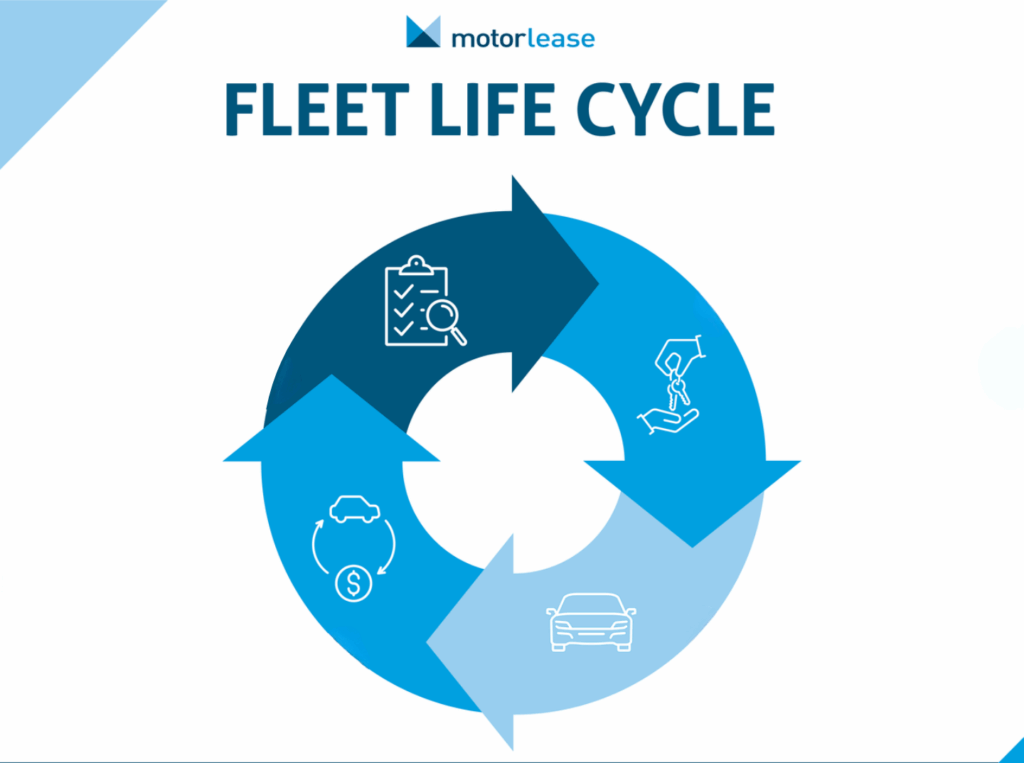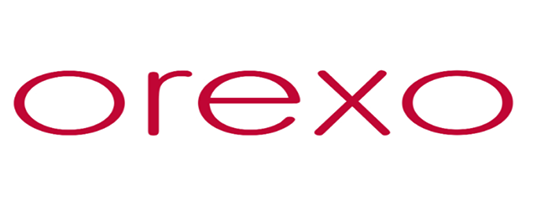As we close out the 2024 model year, there is reason for optimism for the 2025 model year. The automotive landscape has undergone significant changes, and fleet managers must be prepared to navigate these new dynamics. Joe Pelehach, Vice President of Motorlease, shares his insights on what midsize fleet owners can expect and how they can strategically position themselves for success in the evolving market.
In This Article
A Return to Manufacturer Incentives and Fleet-Friendly Policies
Improved Vehicle Availability and Strategic Planning
The Evolving Used Vehicle Market
Easing Into Electric Vehicles (EVs) and Hybrid Solutions
The Importance of Expert Consultation and Strategic Adaptation
Stay Ahead with Motorlease
A Return to Manufacturer Incentives and Fleet-Friendly Policies
There was a time, not so long ago, when auto manufacturers actively courted fleet buyers, seeking their input on trim levels and options, working with production teams to expedite fleet orders, and offering meaningful incentives. These policies will likely return during the 2025 model year, presenting new opportunities for proactive fleet buyers.
Q: What factors are influencing the return of manufacturer incentives and fleet-friendly policies?
A: The Federal Reserve’s interest rate increases had significantly, and adversely, impacted new car sales by increasing the cost of financing and making it difficult for consumers to afford new vehicles. While the purpose of the increase was to dampen inflation, it paradoxically helped the supply chain, to return to some sense of normalcy. As dealer inventories rise, manufacturers are increasing incentives, and dealers are more willing to negotiate on pricing. This creates a positive environment for fleet buyers.
Improved Vehicle Availability and Strategic Planning
Availability for most vehicle models is expected to improve significantly in 2025, though hybrid versions and high-demand models like vans may still pose challenges. Production cycle times have reduced in the past six months, and this trend is expected to continue, except for the most in-demand models.
Q: How should fleet managers approach vehicle sourcing and lifecycle planning in this improved market?
A: Proactive planning remains crucial. Instead of sourcing vehicles off dealer lots — which can increase costs due to additional equipment, advertising costs, and dealer fees — fleet managers should factory-order vehicles to their specifications. This reduces the cost and ensures that vehicles meet the specific fleet needs. Determining a precise vehicle lifecycle is key; knowing when vehicles will be replaced allows for more strategic decision-making.
The Evolving Used Vehicle Market
The used vehicle market remains strong, though it has softened from the historically high benchmarks seen 10 months ago. Recent data from the Manheim Used Vehicle Value Index shows that as of October 2024, the MUVVI fell to 202.8, marking a 3.2% decline from the previous year. Kelley Blue Book data also indicates a 7% drop in used vehicle values over this period, partly due to seasonal trends. As new vehicle demand wanes and supply increases, used vehicle prices are expected to fall further, potentially aided by manufacturer incentives. However, the market remains resilient, and the seasonal dip may be temporary as it adjusts to normal demand cycles.
Q: How can fleet managers leverage the current state of the used vehicle market?
A: While the used vehicle market is still robust, it is not linear, and different vehicles will experience varied value retention. Given the recent 5-10% fluctuation in values, reported by Manheim and Kelley Blue Book, fleet managers need to be proactive when assessing their fleet’s needs and timing. By working with experts who understand these market nuances, fleet managers can optimize their total cost of ownership (TCO) and make informed decisions about vehicle cycling and equipment, ensuring they get the best value in both—the short and long term.
Easing Into Electric Vehicles (EVs) and Hybrid Solutions
The landscape for electric vehicles (EVs) continues to evolve, with increasing range and more options becoming available. However, challenges such as charging infrastructure and the time required to recharge will remain significant considerations.
Q: What should fleet managers consider when integrating EVs into their fleets?
A: A phased approach is advisable. Starting with a beta test to evaluate EV integration rather than fully committing can help fleet managers assess vehicle usage patterns and ensure that EVs can meet daily operational needs. Technological advancements, such as solid-state batteries, may eventually address range anxiety and charging times, but the current infrastructure costs, particularly for fast chargers, must be factored into planning. For organizations with ESG goals, starting with hybrid solutions may provide a balanced approach, to allow for gradual adoption of greener technologies.
The Importance of Expert Consultation and Strategic Adaptation
In an increasingly complex vehicle market, the capital required to run a fleet is at its highest. Each fleet vehicle represents a significant investment in a depreciating asset, making it essential to minimize TCO.
Q: How can fleet managers make the best decisions for their fleets?
A: Consulting with experts is crucial. Our team at Motorlease, with their extensive knowledge and experience, can provide valuable insights and guidance. By leveraging expert advice, fleet managers can navigate the complexities of the market, optimize their operations, and keep their drivers productive and their costs under control.
Sources:
Manheim by Cox Automotive. Used Vehicle Value Index, Nov. 11, 2024. Manheim.com, https://site.manheim.com/en/services/consulting/used-vehicle-value-index.html.
Tucker, S. (2024). Wholesale used vehicle values fell 7%. Kelley Blue Book.com, https://www.kbb.com/car-news/wholesale-used-car-prices-fell-7-in-2023/#:~:text=The%20price%20of%20the%20average,year%2Dover%2Dyear%20basis
Stay Ahead with Motorlease
Motorlease empowers fleet managers to lead through change, providing thought leadership that propels fleets into the future. Ready to steer your fleet toward success in the dynamic landscape of 2025 and beyond? Connect with Motorlease today to explore tailored solutions that align with your strategic vision. Our team is here to support your fleet management journey with insights, expertise, and a commitment to driving your success.












